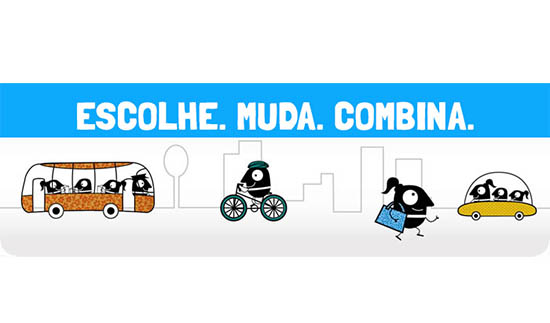 Most Portuguese see the car as a means of transport like any other (74%), observed the Observador Cetelem in its analysis of the future of the automobile market.
Most Portuguese see the car as a means of transport like any other (74%), observed the Observador Cetelem in its analysis of the future of the automobile market.
Considered for decades as a symbol of social status and a mark of modernity, the car is now regarded as an obsolete asset by 11% of the Portuguese.
These data are released as part of the European Car Free Day, which takes place next Tuesday, September 22nd.
The perception of motorists in relation to the car has been changing and there are more and more inconveniences found in the use of a car.
Currently, the vast majority of Portuguese (86%) associate the car with a very high cost. But in addition to the costs, almost half of the Portuguese (47%) associate the car with a series of other annoyances, such as pollution, noise and stress.
Last year, Observer Cetelem realized that, among Europeans, the Portuguese are the most adept at hitchhiking. About 28% of Portuguese said they had shared travel in 2014, a percentage above the European average (20%). A trend that can be interpreted as a consequence of the crisis, but which also reveals a greater awareness of the Portuguese about the negative impact of the use of the car on the environment.
“In recent years there has been a growing awareness among motorists, who are now more aware of the car's disadvantages and its impact on the environment. This change in the perception that the Portuguese have of the car is leading, little by little, to changes in behavior and the appearance of alternative forms of mobility, such as carpooling», explains Diogo Lopes Pereira, marketing director at Cetelem.
The economic and marketing analyzes, as well as the forecasts, for the 2015 Automobile Notebook were carried out in collaboration with the research and consulting company BIPE (www.bipe.com). Field surveys of consumers were conducted by TNS Sofres, in July 2014, in fourteen countries (Belgium, Germany, Spain, France, Italy, Poland, Portugal, United Kingdom, Turkey, Japan, United States, Brazil, China and South Africa), with representative samples of national populations, in a total of 7.550 people questioned over the Internet.


















Comments